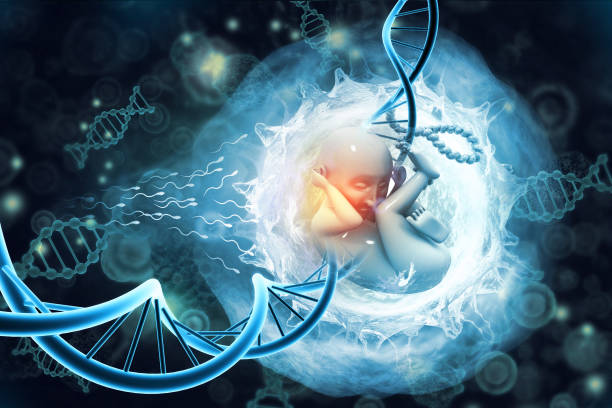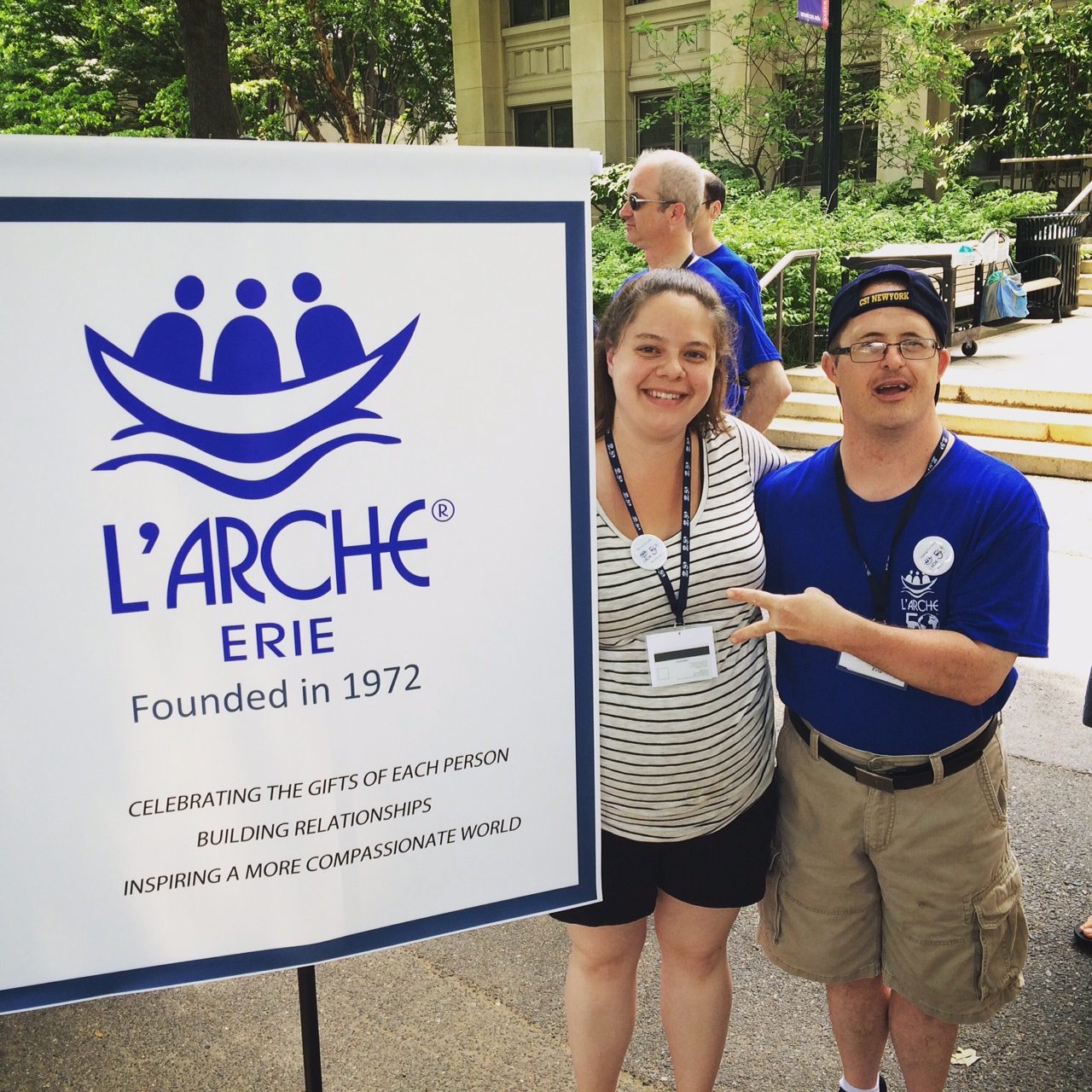Possible Preaching Themes
Possible Scientific Resources
- We have all received full mercy and forgiveness from God. Receiving this mercy demands that we show mercy to others. Awareness of our personal experience of God’s mercy readies us to show mercy to others.
- Forgiveness is often more powerful than punishment in leading to conversion. If we desire the good of the other, we must be willing to forgive when wronged.
- Experiential learning and Artificial Intelligence: One key difference between Artificial Intelligence and human learning is the role of experience in learning; machines cannot “experience” like human beings can. Significant human experiences shape future outcomes, actions, and values.
- On machine learning: https://mitsloan.mit.edu/ideas-made-to-matter/machine-learning-explained
- A brief introduction to experiential learning: https://www.wgu.edu/blog/experiential-learning-theory2006.html#close
- On the role of significant experiences in human learning: https://www.ncbi.nlm.nih.gov/pmc/articles/PMC3374588/
- On forgiveness: We often consider forgiveness from the point of view of the victim. Forgiveness plays an important role in rehabilitating an offender and deterring repeat offenses, as well as restoring right relationships.
- On how offenders understand forgiveness: https://www.researchgate.net/publication/338120372_Offenders’_understandings_of_forgiveness
- On the role of forgiveness in restoring relationship: https://www.sciencedirect.com/science/article/abs/pii/S0022103122001524
Homily Outline Combining Resources
Possible preaching outline on forgiveness and experience
- Artificial intelligence has captivated the human imagination for decades
- It feels as though we’ve finally reached the era once dreamed about
- Thanks to “machine learning,” computers are now capable of composing articles, writing complicated computer programming code, even creating and manipulating images when given a prompt
- Machines even capable of performing certain jobs which seem complex
- Logistics in a factory warehouse
- Medical image processing
- Even driving
- A fear may arise: will Artificial Intelligence and Machine Learning somehow surpass human life? Is there a limit to what machines can do?
- Machine limits: machines cannot experience.
- A machine learns by being fed data and being allowed to form conclusions based on that data
- More data leads to more accurate conclusions
- Mistakes are often made, however
- When prompted for a recipe, a popular AI program wrote a recipe for “chocolate chicken chicken cake” (https://www.aiweirdness.com/ai-recipes-are-bad-and-a-proposal-20-01-31/) with steps and ingredients as absurd as the name!
- Machines lack experience
- Machines can interpret data but can never enjoy a perfect meal, feel the success of a victory, the sorrow of a defeat, the joy and challenge of human love
- Experience is what sets us over and above artificial intelligence and always will
- Humans unlike machines can learn through experienc
- Every experience is an opportunity to learn; we are not bound to learning only by being fed information
- Significant experiences—good and bad—can influence our values, decisions, and responses for the rest of our lives
- A machine learns by being fed data and being allowed to form conclusions based on that data
- The servant in today’s gospel has one such experiences
- He owed a “huge amount” of money. The actual amount is clear in the Greek: Ten thousand talents
- This is an insurmountable debt, which the servant would have no chance of repaying
- The forgiveness he receives should be lifechanging
- How does he respond? By failing to forgive as he has been forgiven!
- Might expect this response from a machine, but not from a human
- It’s tempting to make excuses for the servant: perhaps he was in debt due to others like this fellow servant, who were indebted to him
- The difference in amount is clear, though; he owed a “huge amount” and was owed “a much smaller amount”
- Even so, one would hope that his being forgiven and freed completely from the need for restitution would lead him to forgive others, especially those indebted to him.
- Was he not aware of the gift he had been given in this forgiveness?
- We have received forgiveness even greater than a huge financial debt
- Christ’s victory over sin and death, his extension of salvation to us, is the highest form of forgiveness we can receive
- Do we respond accordingly, forgiving those who have wronged us?
- Is it possible that what keeps us from forgiving others is our lack of awareness of the supreme forgiveness we have received in Christ?
- We may know that we have received forgiveness, but have we experienced it?
- What does it mean to have an experience of this forgiveness, an experience which transforms our approach before others who have wronged us?
- Christ’s victory over sin and death, his extension of salvation to us, is the highest form of forgiveness we can receive
- Experiencing forgiveness begins with recognizing that we are not defined by our past faults and failings
- We all have things in our past—both big and small—which we regret
- Is Sacramental Reconciliation just a “spiritual power-wash,” or an experience of God’s great mercy?
- Take time after Reconciliation to sit in God’s mercy and love, to experience yourself as beloved of the Father
- Connect mercy received to love outpoured for us in Jesus’ desire to remain with us, and unite us with Himself, in the Eucharist
- Then realize that what we have received, we must extend to others.
- Often those who have experienced greater forgiveness—recovering addicts, reconciled convicts, family members in similar situations to today’s main character—find experiencing God’s forgiveness much easier
- Our experience of Jesus in the Mass, in our brothers and sisters, is not reserved for the perfect, but rather is always available to us
- Our true identity is as children of God—imperfect and at times sinful, but always beloved, with opportunity to try again.
- Our sins do not define us in God’s eyes, but rather become opportunities to experience His love for us once again.
- Thanks to Jesus’ gift of salvation, his supreme forgiveness, we have been given the power to forgive.
We have been forgiven perfectly; we pray that what we have received, we can extend more perfectly to others.
Related Homily Outlines
Couldn’t find what you’re looking for?
Try searching with another filter

Preaching with Sciences

Edward Foley, Capuchin
Duns Scotus Professor Emeritus of Spirituality
Professor of Liturgy and Music (retired)
Catholic Theological Union
Vice-Postulator, Cause of Blessed Solanus










